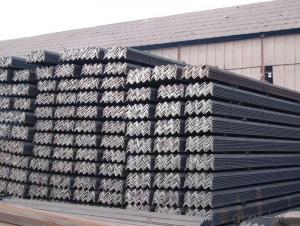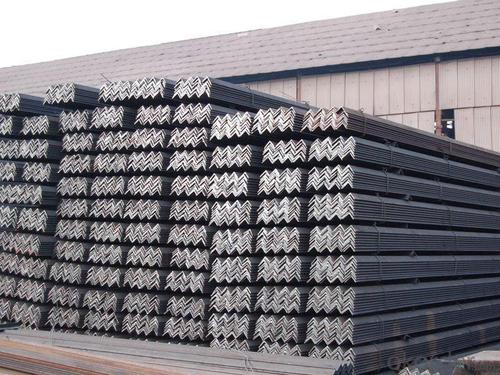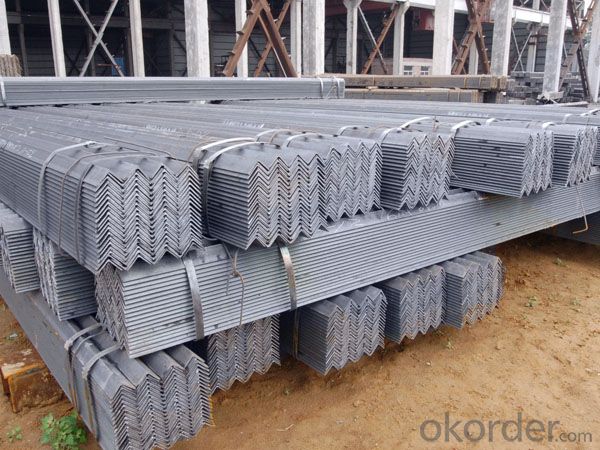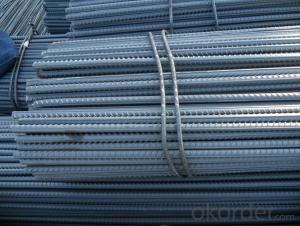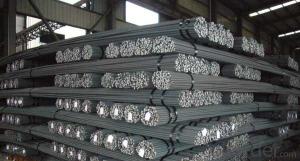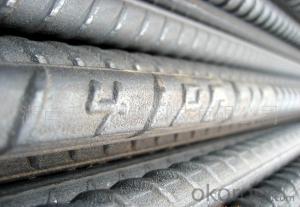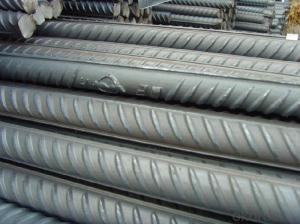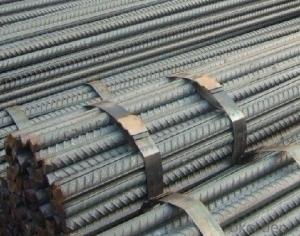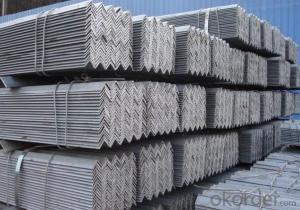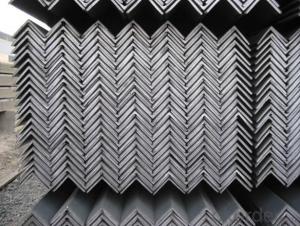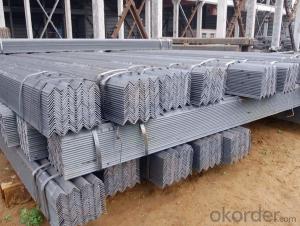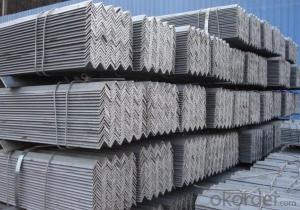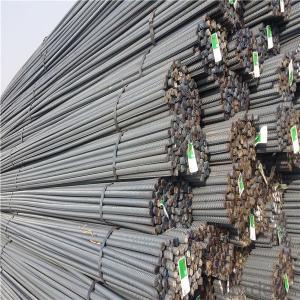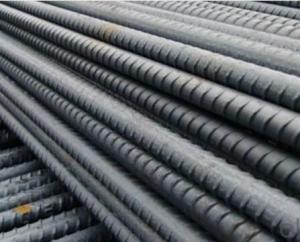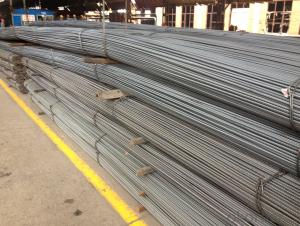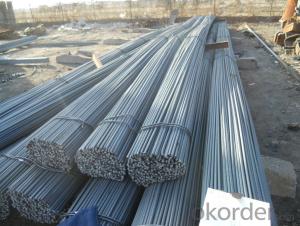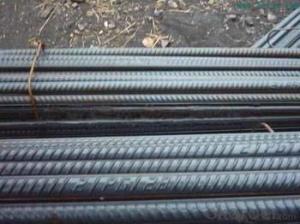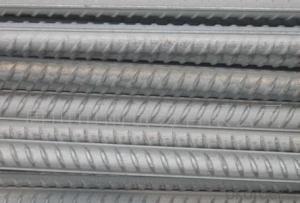ANGLE STEEL 80-250MM
- Loading Port:
- China Main Port
- Payment Terms:
- TT OR LC
- Min Order Qty:
- -
- Supply Capability:
- -
OKorder Service Pledge
OKorder Financial Service
You Might Also Like
Angle Steel Details:
| Minimum Order Quantity: | 25mtons | Unit: | m.t. | Loading Port: | China Main Port |
| Supply Ability: | 80000-100000MTS/YEAR | Payment Terms: | TT or LC |
Product Description:
Specifications of Angle Steel
1. Invoicing on theoretical weight or actual weight as customer request
2. Length: 6m, 9m, 12m as following table
3. Sizes
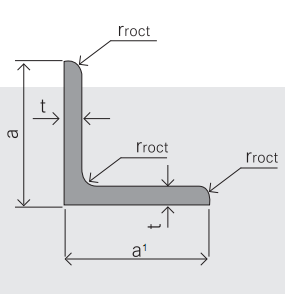
Sizes: 25mm-250mm | ||
a*t | ||
25*2.5-4.0 | 70*6.0-9.0 | 130*9.0-15 |
30*2.5-6.6 | 75*6.0-9.0 | 140*10-14 |
36*3.0-5.0 | 80*5.0-10 | 150*10-20 |
38*2.3-6.0 | 90*7.0-10 | 160*10-16 |
40*3.0-5.0 | 100*6.0-12 | 175*12-15 |
45*4.0-6.0 | 110*8.0-10 | 180*12-18 |
50*4.0-6.0 | 120*6.0-15 | 200*14-25 |
60*4.0-8.0 | 125*8.0-14 | 250*25 |
5. Payment terms:
1).100% irrevocable L/C at sight.
2).30% T/T prepaid and the balance against the copy of B/L.
3).30% T/T prepaid and the balance against L/C
6.Material details:
Alloy No | Grade | Element (%) | | ||||
C | Mn | S | P | Si | | ||
| | |||||||
|
|
|
|
|
|
| |
Q235 | B | 0.12—0.20 | 0.3—0.7 | ≤0.045 | ≤0.045 | ≤0.3 | |
|
|
|
|
|
|
| |
Alloy No | Grade | Yielding strength point( Mpa) | | ||||
Thickness (mm) | | ||||||
≤16 | >16--40 | >40--60 | >60--100 | | |||
≥ | | ||||||
|
|
|
|
|
| | |
Q235 | B | 235 | 225 | 215 | 205 | | |
Alloy No | Grade | Tensile strength (Mpa) | Elongation after fracture (%) | | |||
Thickness (mm) | | ||||||
| ≤16 | >16--40 | >40--60 | >60--100 | | ||
≥ | | ||||||
|
|
|
|
|
|
| |
Q235 | B | 375--500 | 26 | 25 | 24 | 23 | |
Usage & Applications of Angle Steel
According to the needs of different structures, Angle can compose to different force support component, and also can be the connections between components. It is widely used in various building structures and engineering structures such as roof beams, bridges, transmission towers, hoisting machinery and transport machinery, ships, industrial furnaces, reaction tower, container frame and warehouse etc.
Packaging & Delivery of Angle Steel
1. Packing: it is nude packed in bundles by steel wire rod
2. Bundle weight: not more than 3.5MT for bulk vessel; less than 3 MT for container load
3. Marks:
Color marking: There will be color marking on both end of the bundle for the cargo delivered by bulk vessel. That makes it easily to distinguish at the destination port.
Tag mark: there will be tag mark tied up on the bundles. The information usually including supplier logo and name, product name, made in China, shipping marks and other information request by the customer.
If loading by container the marking is not needed, but we will prepare it as customer request.
Production flow of Angle Steel
Material prepare (billet) —heat up—rough rolling—precision rolling—cooling—packing—storage and transportation
- Q: Are steel rebars suitable for reinforcement in airport runways?
- Yes, steel rebars are generally suitable for reinforcement in airport runways. They are commonly used due to their high tensile strength, durability, and ability to withstand heavy loads. Steel rebars provide the necessary reinforcement to ensure the stability and longevity of airport runways, making them a reliable choice for this application.
- Q: Are steel rebars resistant to chemical exposure?
- Chemical exposure is usually not a problem for steel rebars due to their resistance. The strength and durability of steel make it less likely to corrode or degrade when it comes into contact with chemicals. However, some chemicals can still harm steel rebars. For instance, acids like sulfuric acid can gradually corrode steel and weaken its structure. Similarly, highly alkaline substances can also cause corrosion in steel rebars. Therefore, even though steel rebars are generally resistant to various chemicals, it is crucial to consider the specific chemical environment and take necessary precautions to safeguard them from potential damage.
- Q: Are there any disadvantages to using steel rebars?
- Yes, there are some disadvantages to using steel rebars. Firstly, steel rebars can corrode over time, especially in environments with high moisture or exposure to chemicals, which can reduce their strength and durability. Additionally, steel rebars are susceptible to thermal expansion and contraction, leading to cracking in concrete structures. Moreover, steel rebars are heavy and can be challenging to handle and transport, making construction processes more labor-intensive.
- Q: What are the different grades of steel rebars available in the market?
- In the market, there are several different grades of steel rebars available, including Grade 40, Grade 60, and Grade 75. Each grade represents the minimum yield strength of the rebar, with Grade 40 having a yield strength of 40,000 pounds per square inch (psi), Grade 60 having a yield strength of 60,000 psi, and Grade 75 having a yield strength of 75,000 psi. The choice of grade depends on the specific requirements and structural needs of the project.
- Q: Can steel rebars be used in the construction of road bridges or flyovers?
- Steel rebars are indeed applicable in the construction of road bridges or flyovers. Owing to their remarkable strength and durability, they are widely utilized as reinforcement in concrete structures such as bridges and flyovers. By fortifying the concrete, these rebars amplify its structural integrity and load-bearing capacity, making it capable of withstanding heavy traffic loads and enduring the forces encountered by road bridges and flyovers. Furthermore, steel rebars furnish heightened resistance to corrosion, a vital attribute in bridge construction where exposure to environmental factors is prominent. In summary, the utilization of steel rebars guarantees the structural stability, longevity, and safety of road bridges and flyovers.
- Q: Can steel rebars be used in highway barrier construction?
- Yes, steel rebars can be used in highway barrier construction. They are commonly used as reinforcement in concrete barriers to enhance their strength and durability.
- Q: How are steel rebars classified based on their yield strength?
- Steel rebars can be classified based on their yield strength into different grades, such as Grade 40, Grade 60, and Grade 75. The yield strength indicates the maximum amount of stress a rebar can withstand before it starts to deform permanently. Higher grade rebars have higher yield strength, making them suitable for applications that require stronger reinforcement.
- Q: What does it mean to have 22 4GJ on the threaded steel?
- The letters on the reinforcement are registered plant names or trademarks. The top figures on the bar represent the grade of the reinforcement, such as 3 for grade 2 steel, 4 for grade 3 steel, and 5 for grade 4 steel. The numbers in the back represent the specifications of the bars, and the letters between grades and specifications represent the steel manufacturer.
- Q: Can steel rebars be welded to other steel components?
- Yes, steel rebars can be welded to other steel components. Welding is a common method used to connect steel rebars to various steel structures or components in construction projects. The process involves heating the rebars and the steel components to a high temperature, melting them, and then allowing them to cool and solidify, creating a strong and durable bond. Welding steel rebars to other steel components is a widely accepted practice that helps to enhance the overall structural integrity and stability of the construction. It provides a reliable connection between the rebars and the steel components, ensuring that they work together effectively to withstand the forces and loads placed on them. However, it is important to follow proper welding techniques and adhere to relevant industry standards and guidelines to ensure a successful and safe welding process.
- Q: What is the standard size of steel rebars?
- The standard size of steel rebars varies depending on the country and industry standards. However, in many countries, the most commonly used standard sizes of steel rebars range from 6mm to 40mm in diameter.
Send your message to us
ANGLE STEEL 80-250MM
- Loading Port:
- China Main Port
- Payment Terms:
- TT OR LC
- Min Order Qty:
- -
- Supply Capability:
- -
OKorder Service Pledge
OKorder Financial Service
Similar products
Hot products
Hot Searches
Related keywords
